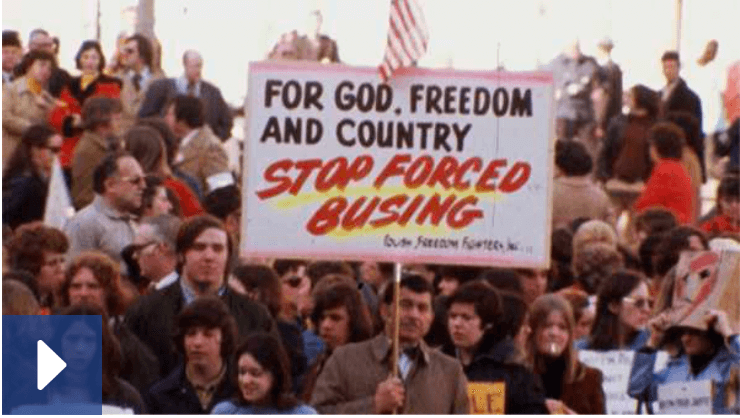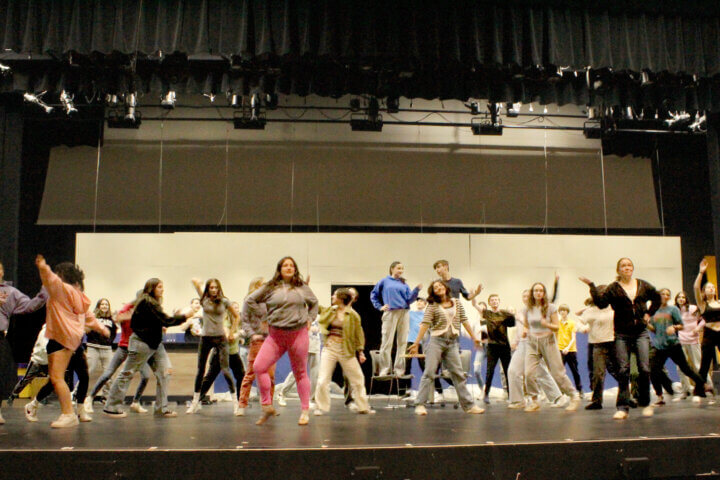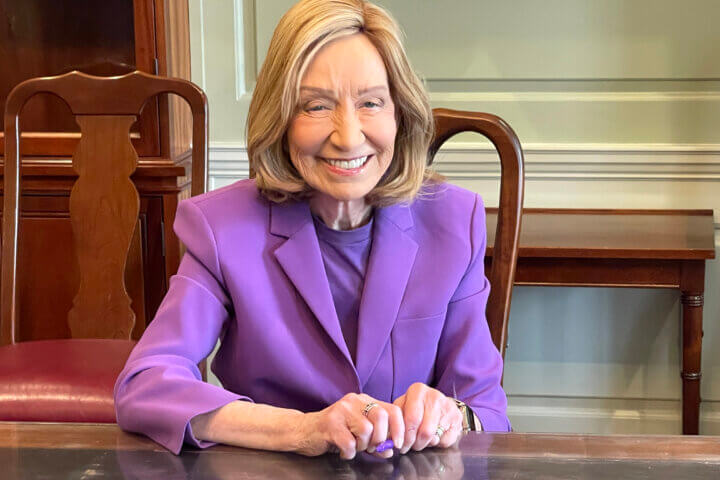Concord resident Eric Van Loon was fresh out of law school in 1972, working for a legal aid program sponsored by Harvard University.
He was part of a legal team representing Black families who sued the Boston School Committee over segregation in the Boston schools.
The suit went to trial in 1973, and a year later, Federal Judge Arthur Garrity issued a decision that found the school’s efforts to preserve segregation unconstitutional. He required the system to desegregate by busing white students to Black schools, and the reverse, across Boston. Segregated neighborhood schools became part of the new integrated landscape, forcing parents to send their children to schools sometimes far from home.
The story of busing in Boston is the subject of a new PBS documentary, The Busing Battleground, in an episode of the history series American Experience in which Van Loon participated.
He reflected that developing evidence for the trial was “emotional, but rational,” whereas the aftermath of the decision was a different story entirely.
“It began a five-year holy war,” he said. “There was rock throwing, and night after night of violence.” Boston became national news as violence erupted citywide and state troopers were placed in the halls of the schools.
Ironically, he said, the years prior to Garrity’s decision were a time of racial tolerance. Ed Brooke was the first Black senator; President John Kennedy sent federal marshals to integrate Ole Miss; Martin Luther King, Jr. addressed a joint session of the Massachusetts Legislature and spoke to an enormous crowd on the Boston Common. The METCO program started and opened suburban schools to students from Boston.
But after 1974, “Boston was a divided city,” said Van Loon. School Committee Chair Louise Day Hicks refused to meet with King and other Black parents.
“She put down Black people in every way possible,” said Van Loon. “The schools were totally segregated and there was a huge effort to keep it that way, until the decision reversed the system.”
He said the decision came on the very last day of school, June 21, 1974, so there wasn’t time to put together a desegregation plan for the fall. There was chaos throughout the city.
He said 22 appeals were filed to Garrity’s decision: 16 to Federal court and another six to the U.S. Supreme Court.
“All 22 times, nothing was reversed, not a paragraph or comma,” said Van Loon.
The Busing Battleground can be seen Friday, September 15 at 8 p.m. on WGBH, and Saturday, September 16 at 1 and 9 p.m.





